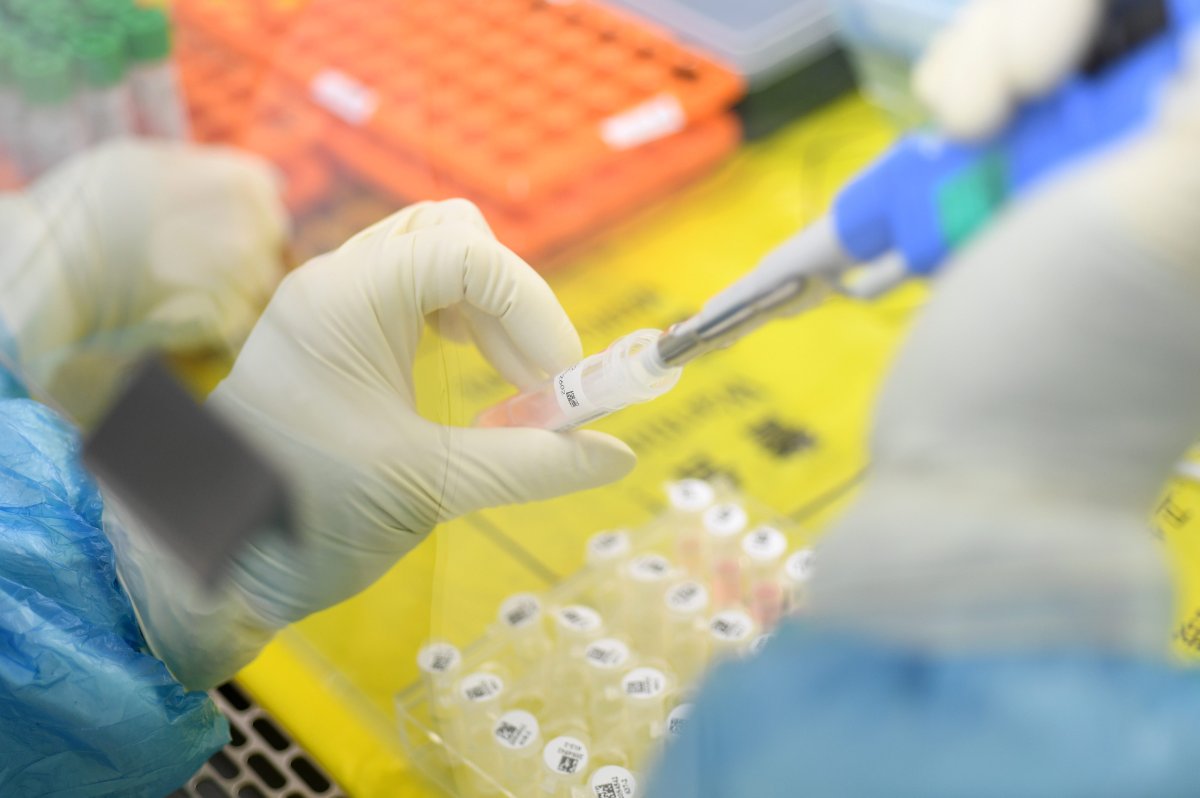As global health officials continue in their endeavour to contain the new coronavirus, a number of questions remain, including whether pets are at risk of developing the virus.

The disease caused by the virus — named COVID-19 — was first detected in Wuhan, China, in late December. Since its discovery, the virus has spread human-to-human to nearly 30 countries, infecting more than 69,000 people and killing more than 1,600.
Health officials believe it is transmitted human-to-human mainly through droplets.
The origin of the virus is believed to be linked to a “wet market’ in Wuhan, but officials have not been able to definitively pinpoint a specific animal host and the investigation is ongoing.
Shortly after the virus was detected, China announced it would be halting its trade of wildlife.
But, according to the World Health Organization, there is currently “no evidence” that companion animals or pets like dogs and cats can be infected with the virus.
“However, it is always a good idea to wash your hands with soap and water after contact with pets,” the organization’s website’s myth-busting section reads. “This protects you against various common bacteria such as E. coli and Salmonella that can pass between pets and humans.”

Similarly, in a press release, the World Small Animal Veterinary Association (WSAVA) said that there is currently “no evidence that pets or other domestic animals can be infected with this new coronavirus,” or that pets could be a “source of infection” to people with the new coronavirus.
“This is a rapidly evolving situation and information will be updated as it becomes available,” the statement reads.

Get daily National news
The association said, though, that it is not yet known if animals can become infected.
And, according to the WSAVA, if you are sick with COVID-19, you should not handle pets or other animals.
“Until we know more, avoid contact with animals and wear a facemask if you must be around animals or care for a pet in order to protect the pet from the possibility of disease transmission,” the release reads.
WSAVA says while there have been no reports of pets or animals becoming sick with COVID-19, several types of coronaviruses can cause illness and spread between animals and people.
If your pet has been in contact with someone who has been infected with COVID-19, WSAVA said you should call your veterinary clinic.
“Do not take the animal to a veterinary clinic until you have had a discussion with clinic staff,” the release reads. “Tell them about any contact the animal may have had with someone with 2019-nCoV infection.”

In a blog post on Friday, researcher and Ontario Veterinary College professor at the University of Guelph, Scott Weese, said when it comes to coronavirus, it’s an “ongoing battle” to balance awareness and over-reaction.
“We still have no evidence that this virus affects domestic animals, but since we also have no real evidence that it doesn’t,” he wrote. “It’s best to continue to take reasonable precautions to reduce the risk of exposure of animals to infected people, and to properly manage pets of people who are infected.”
Weese said it’s “always better to practice prevention than damage control.”
In a previous blog post, he said we should “treat animals like humans.”
“If someone is infected, the response would include tracing that person’s contacts,” he wrote. “Typically that means human contacts. For me, that means anything with a pulse. If someone is infected and their spouse is being quarantined, the same quarantine should apply to their pets.”









Comments